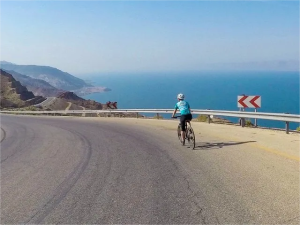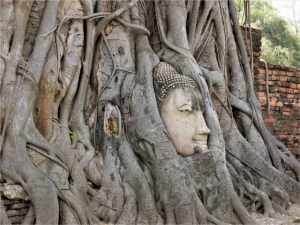Wadi Rum Landscape – One of Nature’s Ultimate Achievements
- by Mohamed Adam

When looking out across the Wadi Rum landscape in southern Jordan, one truly gets the impression of being on another world. To tour Wadi Rum, with its red-hued terrain of mountains and hills jutting out of the vast sands, makes one’s jaw drop.
Why on earth is the Wadi Rum desert so unique? What environmental and geological events occurred to create this masterpiece of nature?
The uniqueness of Wadi Rum geology, is a complex mix of lithology (rock characteristics), tectonic activity (movement of earth’s crust), changing climate, weathering and erosion.
What is Wadi Rum?
During the creation of the Great Rift Valley, and subsequent Jordan Rift Valley, some 25 to 5 million years ago, the Wadi Rum region was uplifted exposing layers of granite and sandstone. Over millions of years, some 700 metres (2,300 feet) of sandstone was eroded away along joints, cracks and faults.
This answers the question how is a wadi formed (wide valley), narrow corridors (siqs) and the mountains (reaching 1840 metres or 6000 feet) of the Wadi Rum landscape seen today in Jordan.
The erosion and weathering continued to wear down the remaining mountains and rock outcrops, creating the unique features of Wadi Rum rock formations. These varying and distinctive qualities were dependent on a combination of the type of erosion mechanisms, as well as the makeup of the rock itself.
Above the sometimes-visible granite base lies two major sandstone formations. The lower Umm Ishrin sandstone and the upper Disi sandstone, with an overall dip of 15 degrees to the east.
Wadi Rum Landscape – Umm Ishrin Sandstone Formation
The Umm Ishrin formation is a dark coloured sandstone due to the oxidation of various mineral content, predominantly iron. The bands of minerals create unique features through erosion and weathering processes.
Shear Cliffs of Wadi Rum Jordan
Due to the relative hardness of the Umm Ishrin formation, large scale erosion along vertical joints have caused gigantic blocky rock falls exposing spectacular shear cliffs.
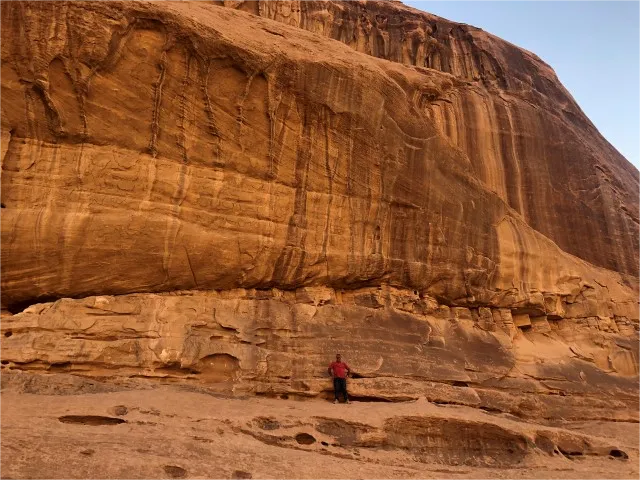
Melted Wax Look of Wadi Rum Sandstone
In this dry climate near a sea, the most intensive weathering of the rock is caused by salt which coats the rock. However, along joints and cracks in the rock the occasional rains flush the salt away.
This causes uneven weathering along some of the rock faces resulting in concave sections, honeycomb appearances and the iconic melted wax look in sections.
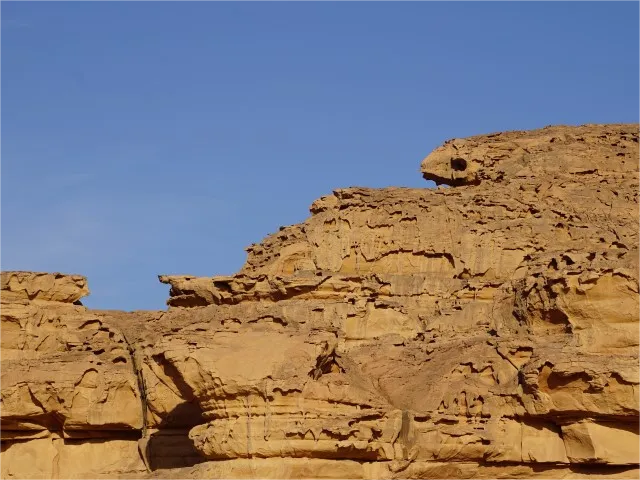
Mushroom Rocks of Jordan
The layering of different mineral content and hardness creates uneven weathering along horizontal plains. This can result in the aggressive erosion of the softer layers undercutting the harder layers above. And voila, a mushroom rock is formed.
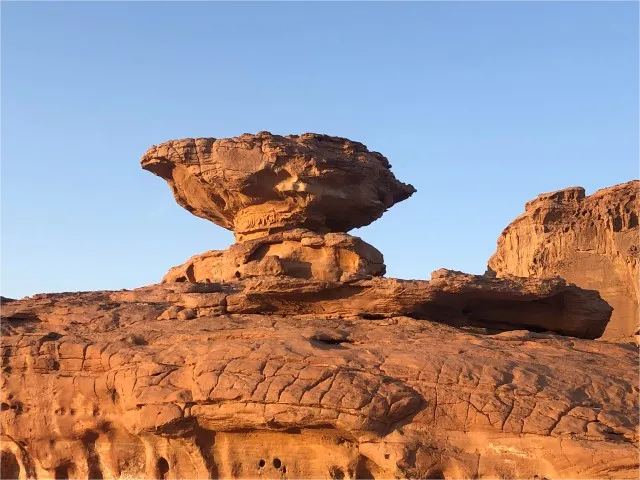
The Perfect Natural Tablet in Wadi Rum
The flat vertical sections of the Umm Ishrin sandstone made perfect natural tablets for carving petroglyphs and inscriptions. Some 45,000 of these manmade features have been found in Wadi Rum dating as far back as 12,000 years ago.
Within these Wadi Rum petroglyphs and inscriptions is an amazing record of the past societies, and the emergence of alphabets originating from symbols and icons.
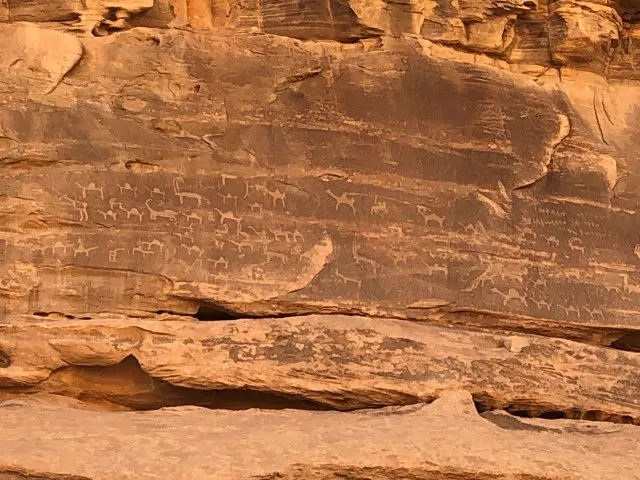
Wadi Rum Facts – Disi Sandstone Formation
The Disi sandstone sits on top of the Umm Ishrin sandstone, as is predominantly white or light grey in colour. This sandstone is relatively soft and is identifiable by its light colour and rounded, dome-like features topping many of the mountains in the area.
Rock Bridges of Wadi Rum
The Wadi Rum landscape contains some very spectacular rock bridges, which are naturally carved out of the Disi sandstone formation. These arches are formed over a relatively short geologic times (measured in tens of thousands of years). Weaker jointed sections of rock are eroded ultimately creating voids below stronger stratigraphic beds of the Disi formation. These voids continue to grow creating the rock bridges.
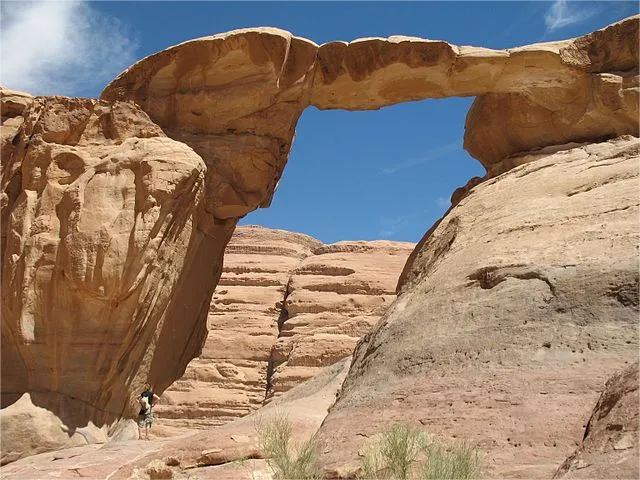
Wadi Rum Desert
Between the mountains and hills of Wadi Rum, lies a blanket of sand and sediment. The sand varies from hard pan sand surfaces to massive sand dunes, all adding to the wonder of the Wadi Rum landscape.
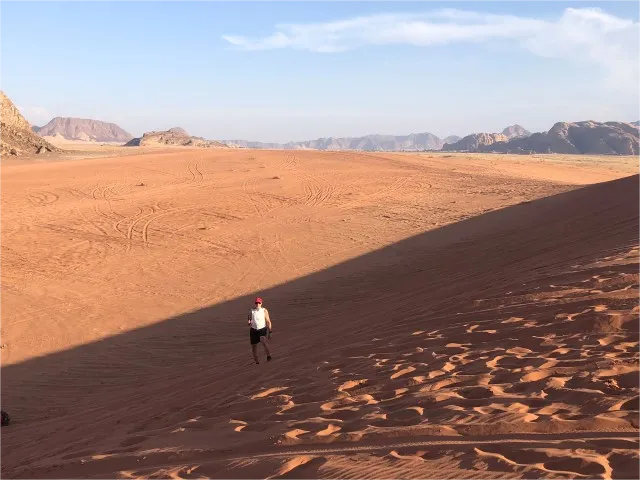
When looking out across the Wadi Rum landscape in southern Jordan, one truly gets the impression of being on another world. To tour Wadi Rum, with its red-hued terrain of mountains and hills jutting out of the vast sands, makes one’s jaw drop. Why on earth is the Wadi Rum desert so unique? What environmental…


